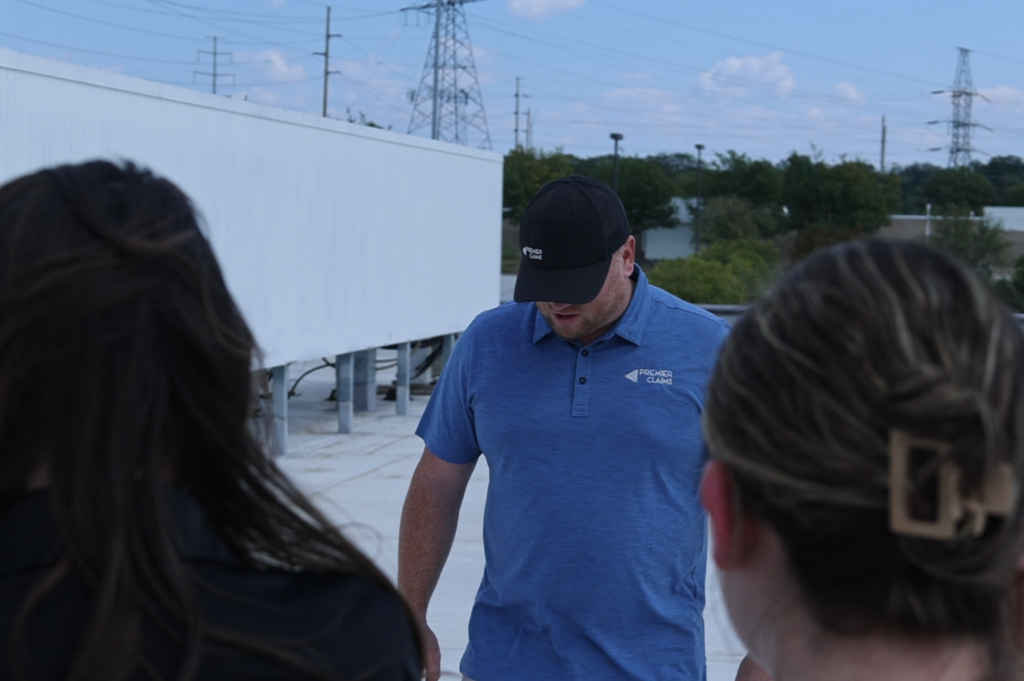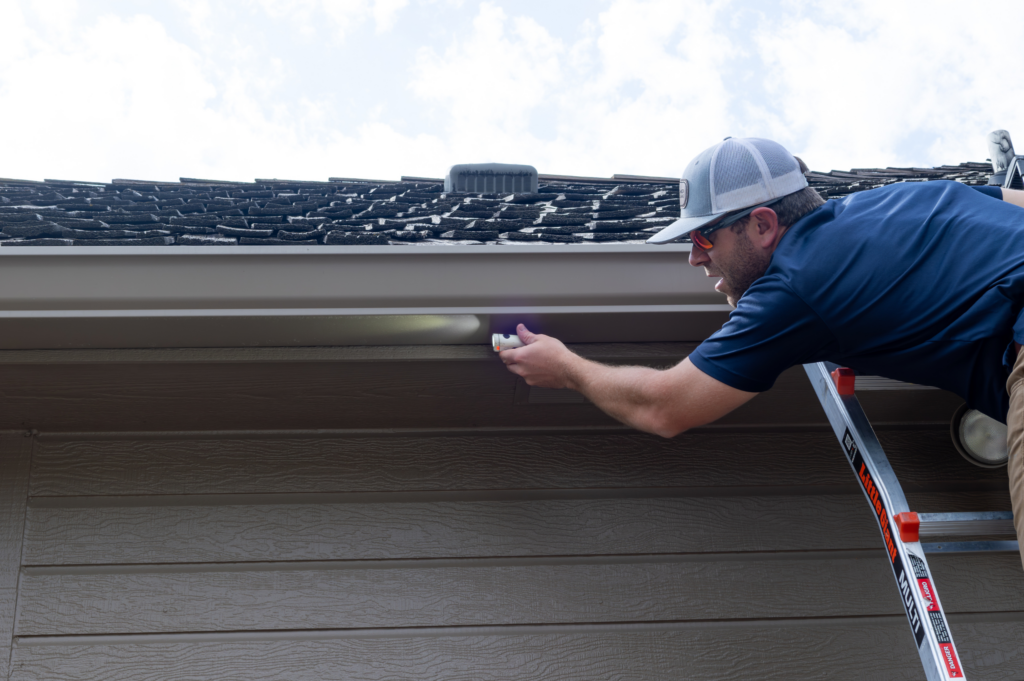Navigating the complexities of commercial property coverage can be prone to misunderstandings. It’s crucial to grasp every aspect of your coverage to best prepare your property and business for anything that comes your way. Two terms that often cause confusion are Business Interruption (BI) and Additional Living Expenses (ALE). Let’s dive deeper into these policy elements, providing clarity for commercial property owners.
Business Interruption (BI): Safeguarding Revenue Streams
What is Business Interruption Coverage?
Business Interruption (BI) coverage steps in when unforeseen circumstances disrupt your business operations. Whether due to natural disasters, fire, or other covered perils, BI provides coverage so that your revenue streams receive protection during the downtime.
Key Features of Business Interruption
Revenue Loss Compensation
BI commercial property coverage covers the actual loss of income your business sustains during the interruption.
Operating Expenses
It extends to cover ongoing expenses like rent, utilities, and payroll, easing the financial strain.
Temporary Location Costs
If relocation is necessary, BI can cover the additional costs associated with setting up operations in a temporary space.
Understanding the Waiting Period
BI policies often have a waiting period before coverage kicks in. It’s important to discuss and determine the optimal waiting period tailored to your business needs.
____
Additional Living Expenses (ALE): Sustaining Daily Life
What is Additional Living Expenses Coverage?
Additional Living Expenses in commercial property coverage is a vital facet that allows for the continuity of daily operations during unexpected disruptions. ALE steps in when your commercial property is rendered temporarily unusable for covered perils, providing support to maintain operational standards.
Key Features of Additional Living Expenses
Temporary Operational Space
ALE covers the costs associated with relocating your business operations to a temporary workspace, such as a rented office or facility, allowing for minimal disruption.
Equipment and Inventory Storage
In cases where your commercial property requires extensive restoration, ALE can cover the expenses related to storing equipment and inventory safely.
Technology and Connectivity
ALE extends to cover costs of setting up temporary communication systems allowing your business to remain connected and operational.
____
Synchronizing Business Interruption and Additional Living Expenses Coverage
ALE and BI can work in tandem within commercial property insurance coverage, offering a comprehensive safety net. While BI is intended to safeguard your revenue, ALE is intended to provide coverage so that your daily operations continue seamlessly during the restoration period.
Claim Considerations
It’s imperative to maintain a detailed record of expenses incurred during the temporary relocation. Working closely with a skilled public adjuster, like those at Premier Claims, can help navigate the intricacies of your policy, aiming for you to receive everything that is owed to you and minimize operational disruptions.
Conduct a Thorough Risk Assessment
Identify potential risks specific to your commercial property; moreover, this will allow you to tailor your insurance coverage to address the unique challenges your business may encounter.
Collaborate with a Reputable Public Adjuster
Engage with a knowledgeable public adjuster, such as Premier Claims, that will aim to handle your commercial property insurance claim with expertise and precision.
Regularly Review and Update Your Policy
Stay ahead of changes in your industry and business structure so that your commercial property insurance policy evolves with your needs, providing comprehensive Business Interruption and Additional Living Expenses coverage.
Understanding the role of Additional Living Expenses and Business Interruption coverage empowers commercial property owners to make informed decisions, allowing minimal financial strain and operational downtime during challenging times. Remember, knowledge is your greatest ally in the world of insurance claims for commercial properties.







